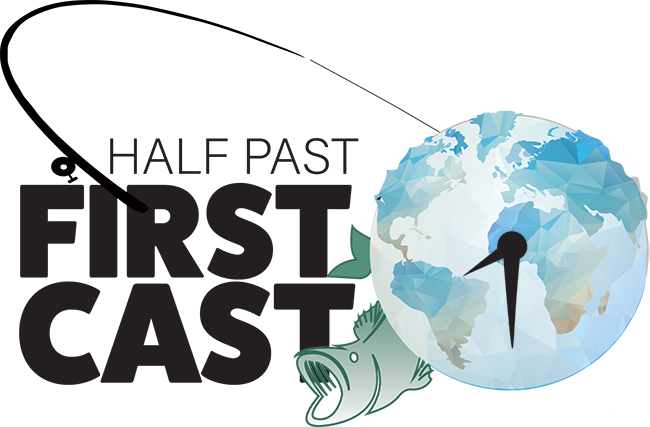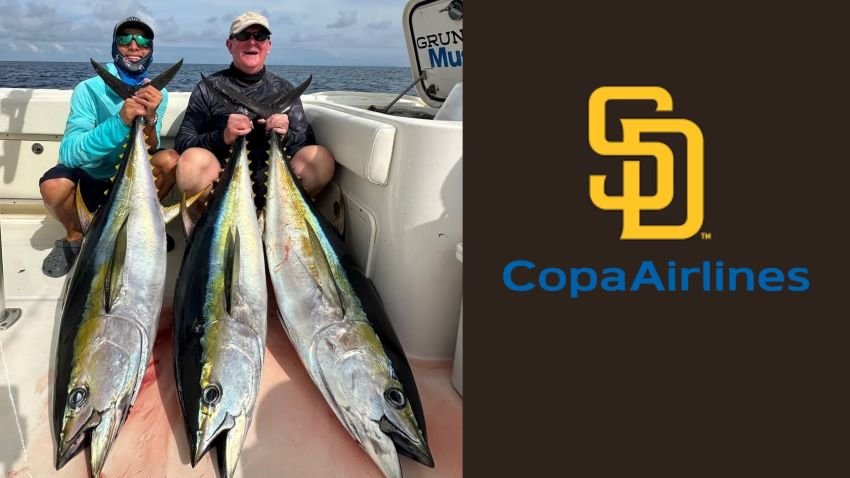Spanish for Anglers
As I’ve previously written elsewhere, I owe an apology to my junior high and high school Spanish teachers for my failure to study hard and then keep up with the language after graduating. They told me that language skills would someday come in handy, and of course they were right, but I didn’t listen and now I’m paying the price.
In some form of karmic justice, much of our fishing travel these days focuses on Latin America. We’ve been chasing lobinas consistently in Mexico since 2009, and we’ve been to both Guatemala (pez vela) and Panama (atun) five times apiece.
My rough form of Spanglish usually gets me by (it helps that many of the guides and staff at the lodges speak English better than I speak Spanish) but there have been times when I’ve struggled. When we visited Lake Atitlan in November, had it not been for the help of my friend Carl and some vigorous pantomiming, it could’ve been a struggle.
If you’re in the same boat, there are some steps you can take.
Your first option is to use this little cheat sheet that Anglers Inn put together. It should at least help you on the water.
If for some reason that doesn’t work for you, try the following:
Learning these basic words and phrases will typically help you establish a better bond with your guide or captain, and furthermore will provide you with the tools to be semi-precise when stuff goes down on the water – it may save that trophy fish.
If you’d like to take a deeper dive into the language, there are lots of apps that will help you improve.
Several of my friends swear by Duolingo, which is free. They offer not only Spanish lessons but also Portuguese, which might come in handy if you’re making frequent trips to the Amazon. Trust me, it looks similar to Spanish on paper, but doesn’t sound much like it – and the guides in Brazil haven’t understood my limited Spanish at all. My friend Carl Vicars takes lessons with a tutor in Mexico City via Zoom, and his language skills have gone from zero to sixty in a hurry.
In retirement, I’d like to go to a multi-month immersion program to relearn all of the Spanish I’ve lost and hopefully improve substantially. There are plenty of them around Latin America. I’ll have to choose carefully, though, depending on where we travel most, because it seems that the accents and the jargon differ substantially from one country to another. Just when I think I’m getting better at understanding, a new fast-talking set of guides undermines that confidence.







